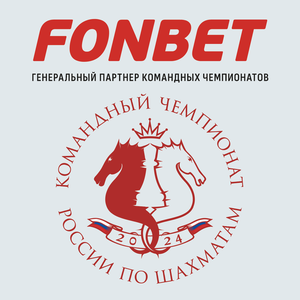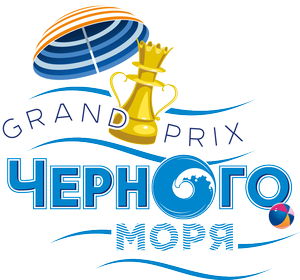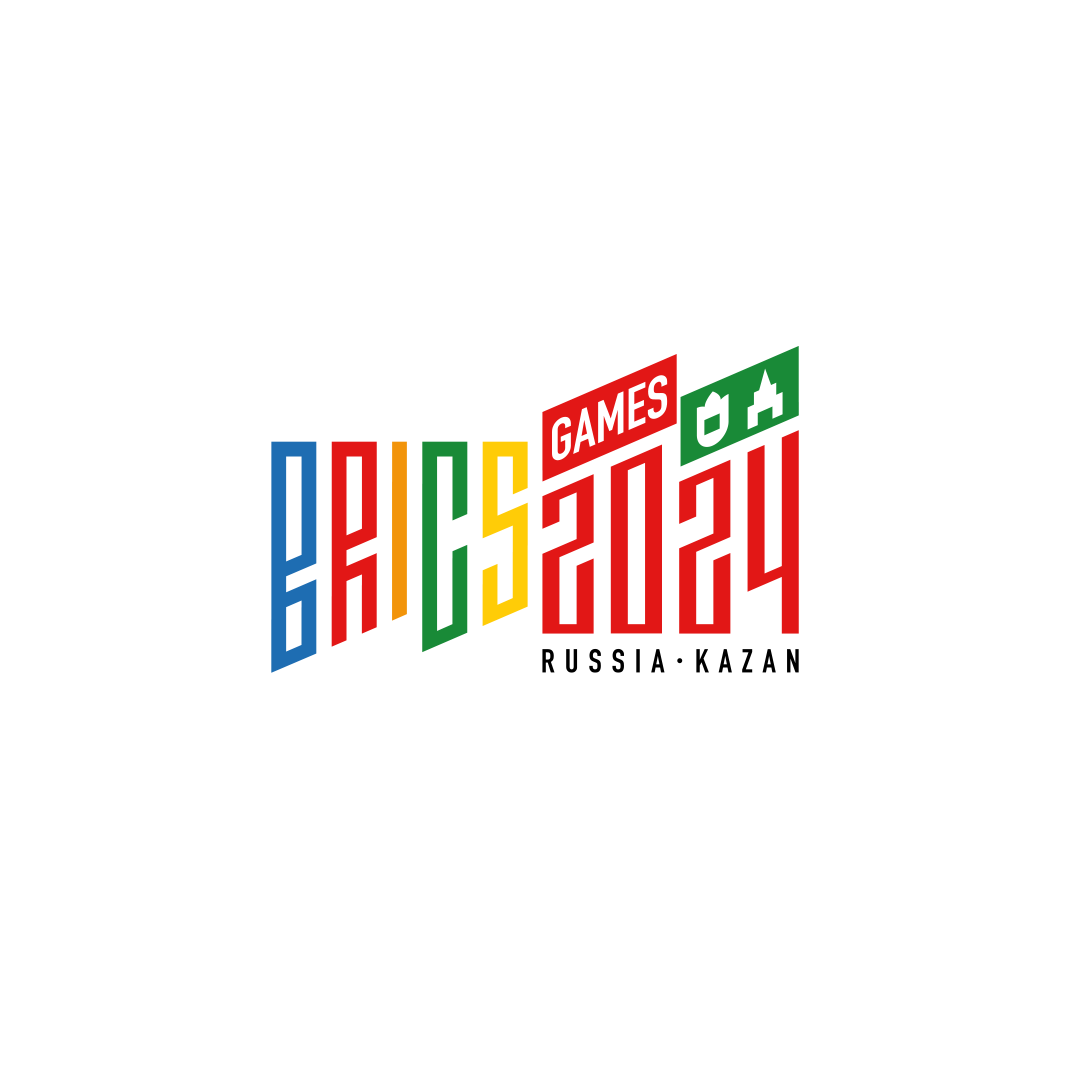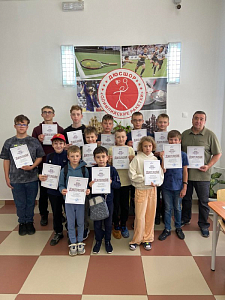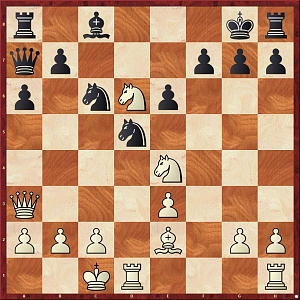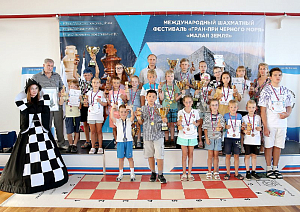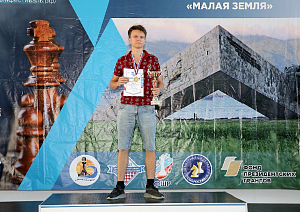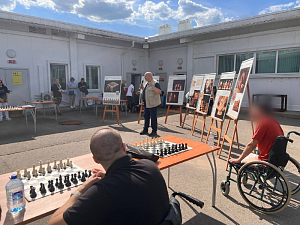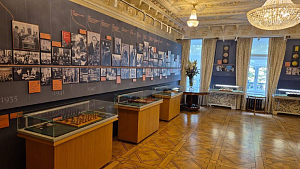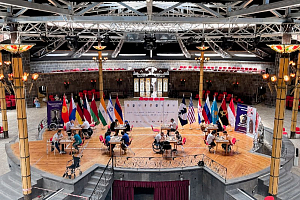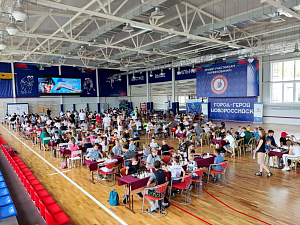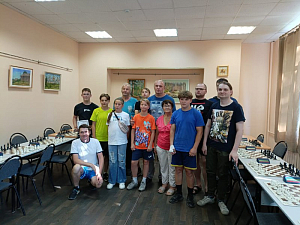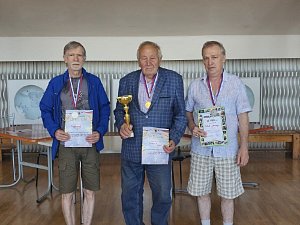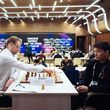Person of day - 5 MARCH 2024
VLADIMIR TUKMAKOV
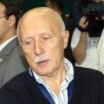
Odessa - the city where the future grandmaster and trainer was born - was steeped in rich chess tradition, and in the 1950s and 1960s, on the wave of Efim Geller’s success in Ukrainian chess, an impressive young generation of players from Odessa emerged, one of whom was young Tukmakov. Vladimir made a successful debut in the juniors’ national championship and was included in the Soviet team for the traditional friendly game against Yugoslavia. At that time, juniors’ matches were not always won by the Soviets, but Tukmakov quickly dispelled any uncertainty about the outcome by winning 5 out of 6 points. In the next match, the powerhouse won all matched against future grandmasters Planinc and Bojkovic.
Vladimir Tukmakov was immediately noticed as a wonderful team player and he led the Soviet students’ team to victory at world championships six times between 1966 and 1972. In 1969, the young master broke into high society for the first time- he qualified for the main tournament of the Soviet championship after an excellent performance in the semi-final in Kiev. His first experience was unsuccessful- the debutant won 0,5 out of 5 points and, despite all his efforts in the second half of the tournament, he remained among those who brought up the rear in the table. However, a mere year later, Vladimir performed spectacularly- he defeated Liberzon, Tseitlin, Platonov, Doroshkevich and Korchnoi himself. Viktor Grozny was stung by the painful defeat, and after his loss to Tukmakov, he went into a whirlwind, finishing with 16 points out of 21! And though the player from Odessa beat Kholmov, Zaitsev, Moiseev and Mikenas (and lost to his compatriot Podgaets) he could not catch up with his opponent and lost to him by 1,5 points. However, a clean second place was also a fantastic achievement: for example, Anatoly Karpov finished behind Vladimir by 2,5 points!
After his head-spinning success, the rising star was incited to a super-tournament in Buenos Aires, where Robert Fischer himself participated. Tumakov could not stop the American genius and lost to him in the first round, but he his subsequent performance was superb and he won another second place, leaving behind him ex-world champion Smyslov, Meking, Reshevsky, Najdorf, Gheorghiu, Panno and other Western stars. At that time, the Ukrainian chess player was already seen an invincible opponent who only lost 1-2 games each year. At the Alekhine Memorial in 1971, which was spectacular in attendance, Vladimir drew 14 (!) times and after winning against Parma, Balashov and Korchnoi, he ended up splitting 4th-5th places with Tigran Petrosian. In 1972, he once again performed spectacularly at the Soviet championship, winning 13 out of 21 points and splitting another 2nd place, this time with Mikhail Tal. That year, the tournament was zonal and the grandmaster qualified for the inter-zonal, but he was drawn into the Leningrad subgroup, which was far stronger than the second one in Petropolis. Alas, a catastrophic start buried the young Odessite’s chances of qualifying as candidate at first attempt. In that same year, in 1973, Tukmakov won a gold medal at the European team championship with the Soviet team.
Vladimir Tukmakov represented his country alongside the greatest talent of Soviet chess, Anatoly Karpov, at a super-tournament in Madrid, where he came second to the future world champion after outplaying Ljuboevic and Portisch. One year later, Tukmakov was leading at Wijk aan Zee with one round to go, but he suffered misfortune in the final game. Vladimir was up against Efim Geller, who was performing badly at the tournament. According to Gennadi Sosonko, one Odessite went to offer a draw to another. But the tournament’s leader did not knock on the door of his opponent; he heard chess pieces banging against the board- the veteran was preparing for his match against his compatriot with intensity. On the next day, the contest basically did not take place, and Tukmakov was surpassed by his competitors, Jansa and Ivkov.
The Ukrainian chess player continued to compete and continued to win: Decin in 1977, Las Palmas in 1978 and Vilnius in 1978 and Malta in 1980. At the Soviet championship in 1981, before the decisive match against Garry Kasparov, Tukmakov was third, but he lost to the grandmaster from Baku in head-spinning fashion and was left without a medal. However, in 1982, the Odessite experienced a renaissance: he qualified from the zonal tournament with ease and started off in magical fashion at the inter-zonal in Las Palmas: he defeated Smyslov, crushed Petrosian in 33 moves and outplayed Mestel and Brown. After 7 rounds, the Soviet chess player was leading the table, but he could not handle the pressure and, after defeats to outsiders Pinter and Carlsson, he was left out of the list of competitors in favour of Ribli and Smyslov…
Vladimir Tukmakov continued to play at the highest level. He came second at the strongest Soviet championship in history in 1983, losing to Karpov by half a point, he won the European team championship with the Soviet team and he came second at a super-tournament in Tilburg in 1983. He also performed amazingly at the match between Team USSR and Team World in 1984, where he was formally a substitute; he won 1,5 out of 2 points against Ljubojevic and drew with Korchnoi. In that same year, he won a gold medal at the Olympiad in Thessaloniki. However, he never managed to return to the level of 1982. There were further successes in Reggio Emilia in 1987 and in Amsterdam, but gradually Tukmakov’s powers began to decline, although the grandmaster remained a danger to any accomplished opponent for several years.
A new stage in the Odessite’s career began in 2004, when Vladimir was asked to head a young Ukrainian team at the Olympiad in Calvia. Their results surpassed all expectations; the Ukrainians played wonderfully and overtook the previously-invincible Russian team. Under Tukmakov’s guidance, the Ukrainian team also came third at the European championship in Novi Sad in 2009 and won the Olympiad in Khanty-Mansiysk in 2010. However, in 2011, Tukmakov resigned from the position of head trainer due to disagreements with the Ukrainian chess federation.
Later on, the outstanding specialist was invited to Azerbaijan and in 2011 in Porto Carras, Tukmakov’s new team came second and the super-club “Sokar” that he was training won the team European Cup in 2012. Vladimir Tukmakov is a laureate of trainers’ “Oscar” and FIDE’s best trainer in 2010.
He is the author of popular books such as Profession: Chess player (2010), Modern Chess Preparation (2012) and Risk and Bluff in Chess (2015).
For several years, the Odessite grandmaster mentored a young Dutch grandmaster, a participant in the 2016 candidates’ tournament Anish Giri and he currently works with American grandmaster Wesley So. Vladimir Tukmakov remains one of the foremost trainers in the world.









